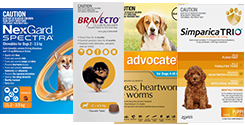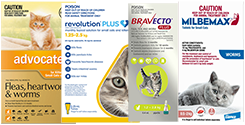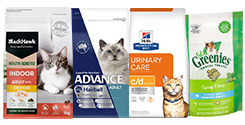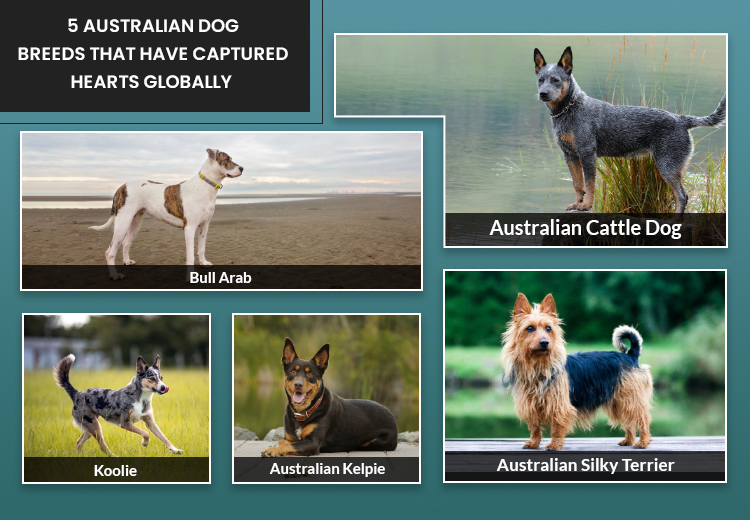ITCHY SCRATCHY PETS.
If your pet is constantly itching/scratching/chewing at themselves, rest assured, you are not the only one being driven crazy by your pet’s behaviour. And it is heartbreaking for pet owners to see their pet uncomfortable, not knowing how to deal with the problem.
The exact cause of the irritation can be very hard to diagnose, but like humans, itching in pets is 99.9% likely to be due to one of the following: parasites irritation or allergy (fleas, mange,dust mites etc ), food allergy, contact allergy (pollens grass, garden plants etc) OR psychotic (habit or boredom). OFTEN A COMBINATION OF THESE CAUSES is acting to contribute to the itch level of your pet, as in “itchy” people!
Also, as with human allergies, owners must accept that their pet allergies and skin irritations will likely never resolve 100%, but we aim to get the scratching / chewing etc down to a manageable level, using several strategies - the first being minimising the pet's exposure to the causative allergens.
If the issue flares up in spring / summer, then there is likely a major pollen / grass /flea or other environmental component.
First and foremost, all itchy/ biting / chewing / scratching pets should have a thorough examination by a vet to rule out any obvious issues such as parasites - fleas, mange or other health issue. Your vet will assist with treatment of any health issues diagnosed at this point. Many pets do require some cortisone in summer to control the summer itch, but your vet will rule out any obvious cause of the itch prior to using cortisone.
To manage the itching issues long-term, you have to try to eliminate all the possible causes of itching / allergies listed above one by one, or at least reduce the overall allergen load.
1. Parasites
Your vet will help determine if your pet has fleas, mange or other parasites causing them to itch and scratch, and advise suitable treatment.
2. Contact allergies:
Plant / grass: for a 3 week trial, keep your pet off grass...cement only; conduct a “Google” search of "plant allergies in dogs in Australia" to see if you have any of the common plants in your garden, and remove all of these 100% or block them off from your dog. “Wandering jew” would be one of the main culprits!
Ensure your pet is not coming in contact with fertilisers, weed sprays, carpet sprays etc which may irritate his skin.
3. Food Allergies in cats and dogs:
Food allergies can be hard to diagnose, and even harder to treat.
Here are five things you should know about food allergies in cats and dogs.
i. Pets that suffer from food allergy can show a range of different symptoms
Some cats and dogs show vomiting and diarrhoea. In other pets, food allergies can cause itchy skin. They might lick their feet, have repeated ear infections, itch their bottom on the ground or they may scratch over their entire body. Cats with food allergies often scratch around their head and face.
ii.. Allergies typically appear from 1 year old and on-wards.
Cats and dogs are not born with food allergies, but usually start to show signs at any age - often from 1 year of age. The allergies typically develop to a food ingredient your pet has been eating for a while - and usually a protein...most commonly, beef.
iii. Elimination diet
Typical food allergens: to try to determine the causative allergens, you will have to do an elimination diet. Discuss this with your vet. You may have already tried some form of food trial, but you must be VERY rigorous with the trial and ensure the pet does not have access to ANY other food during the trial period, or the trial is useless.
A home cooked elimination diet involves using a novel or new protein your pet has never had before, then combining it with a low allergen carbohydrate like sweet potato. Red meats and chicken or corn are the more common pet food allergens. Note,Gluten intolerance is really a human disease!
Some examples of proteins you can use as part of an elimination diet include kangaroo, venison, rabbit or salmon. Avoid any pet meats that contain sulphur preservatives; cook any mince or fish that you use.
You can also run a food trial with a commercial low-allergen diet like Hills Z/D, or Royal CaninHypoallergenic - for dogs and cats.
iv. Food trials must last for at least 8 weeks
To be able to determine exactly what your pet is allergic to, a food trial must run non-stop for at least 8 weeks. During the trial, avoid treats, flavoured worming tablets, all chews and bones, table scraps etc, and keep your pet away from the kitchen while you are cooking. If your pet gets access to some other food, you need to start all over again!
At the end of the 8 weeks, reintroduce the old foods, one item at a time....eg. add chicken only to the elimination diet for 2 weeks and see if the symptoms recur. Move slowly in this period, since many allergies will fluctuate, or you may get a partial improvement, that is only obvious once you reintroduce the old diet again. Unfortunately many pets have a food allergy, as well as an allergy to pollens, dust mites or environmental allergens, so while changing the food can help, it may not solve the problem entirely.
v. You need to make sure your pet’s new diet is nutritionally balanced
If your elimination diet was home-cooked food, you really should switch to a nutritionally balanced diet after the food trial. You will need to talk to your vet or a veterinary nutritionist to formulate a balanced long-term diet. .If you have chosen one of the prescription diets from Hills or Royal Canin you can continue feeding this long-term, since these are nutritionally balanced.
4. Psychotic licking and chewing
Some pets lick and chew at their toes or other parts of their body due to stress, boredom or for other non-defined behavioural reasons. If you and your vet have ruled out other possible causes for the constant chewing / licking, your vet may advise one of the behaviour- modifying drugs available, or recommend you take your pet to an animal dermatologist or behaviourist.
Additional helpful tips:
1. Your vet may advise using some cortisone during summer flare-ups of pet allergies.
2. There is a spray cortisone product for pets called Cortavance (from your vet), which you should ask your vet about. This can be used sparingly in localised areas where the pet tends to get a bit red eg. tummy or feet.
3.There is a new drug for itching pets which should be available in Australia in 2016, so ask you vet to let you know when it becomes available.





























































